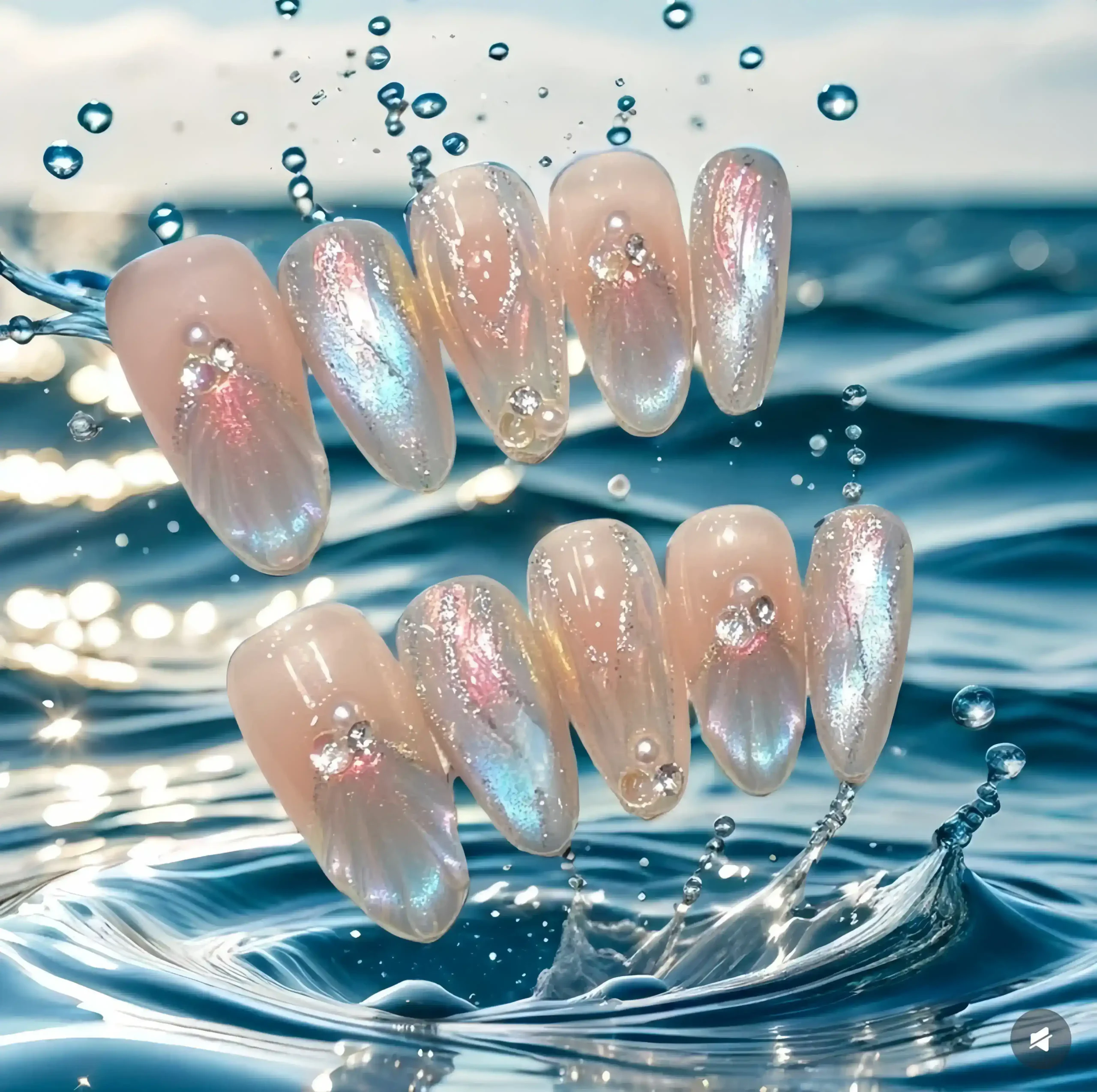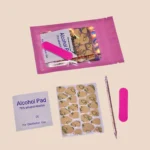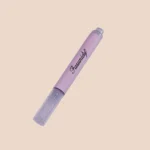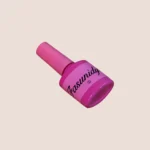Press-on nails are popular for their convenience and style, but their prolonged use may impact the health of your natural nails. Understanding how press-on nails affect your natural nails can help you make informed choices and maintain nail health. This article explores the potential effects of press-on nails on natural nails and offers tips for minimizing any negative impacts.
1. Potential Effects of Press-On Nails on Natural Nails
Press-on nails can have several potential effects on natural nails:
- Nail Thinning: Prolonged use of press-on nails may cause natural nails to become thinner. The adhesive and pressure from press-on nails can weaken natural nails, especially if they are not applied or removed correctly.
- Discoloration: Certain press-on nail materials may lead to discoloration of natural nails. For example, dyes or adhesives used in press-on nails might cause natural nails to appear yellow or dull.
- Weakening of Natural Nails: Press-on nails can restrict the natural breathing and moisture evaporation of natural nails, leading to dryness, brittleness, and increased risk of breakage.
- Risk of Infection: Improper application of press-on nails can create air pockets between the press-on and natural nail, which can become breeding grounds for bacteria and fungi, potentially leading to infections.
2. How to Minimize the Impact of Press-On Nails on Natural Nails
To reduce the negative effects of press-on nails on natural nails, consider the following tips:
- Choose High-Quality Materials: Use press-on nails and adhesives from reputable brands that are free from harmful chemicals. High-quality products are less likely to irritate or damage natural nails.
- Correct Application and Removal: Follow proper techniques for applying and removing press-on nails. Avoid forcefully peeling off press-on nails; instead, use appropriate nail removal solutions. Ensure minimal pressure is applied to natural nails during both application and removal.
- Regular Breaks: Give your natural nails regular breaks from press-on nails to allow them to recover and maintain their health. It’s advisable to take breaks after a certain period of continuous use.
- Maintain Nail Health: Keep the area between press-on and natural nails clean. Regularly use nail care oils and moisturizers to maintain natural nail health and hydration. Applying a protective base coat can also safeguard natural nails.
- Monitor Nail Condition: Regularly check the condition of your natural nails. If you notice discoloration, thinning, or any discomfort, seek advice from a professional dermatologist or nail technician.
3. Alternative Options to Press-On Nails
If you’re concerned about the impact of press-on nails on your natural nails, consider these alternative options:
- Gel Nails: Gel nails generally have a less damaging effect on natural nails compared to traditional press-on nails. They offer better protection but still require proper application and removal.
- Nail Stickers: Nail stickers are a lighter option that usually has a minimal impact on natural nails. They adhere less strongly and are easier to remove, reducing the risk of long-term damage.
- Natural Nail Care: Use natural nail care products, such as strengthening supplements and nourishing oils, to maintain nail health and resilience, reducing the need for press-on nails.
Conclusion
Understanding the effects of press-on nails on natural nails helps in making informed choices to protect nail health. By selecting high-quality materials, using proper application techniques, taking regular breaks, and maintaining overall nail health, you can minimize any potential negative impacts. If you have concerns about nail health, consulting with a professional can ensure that your nails remain in optimal condition.






